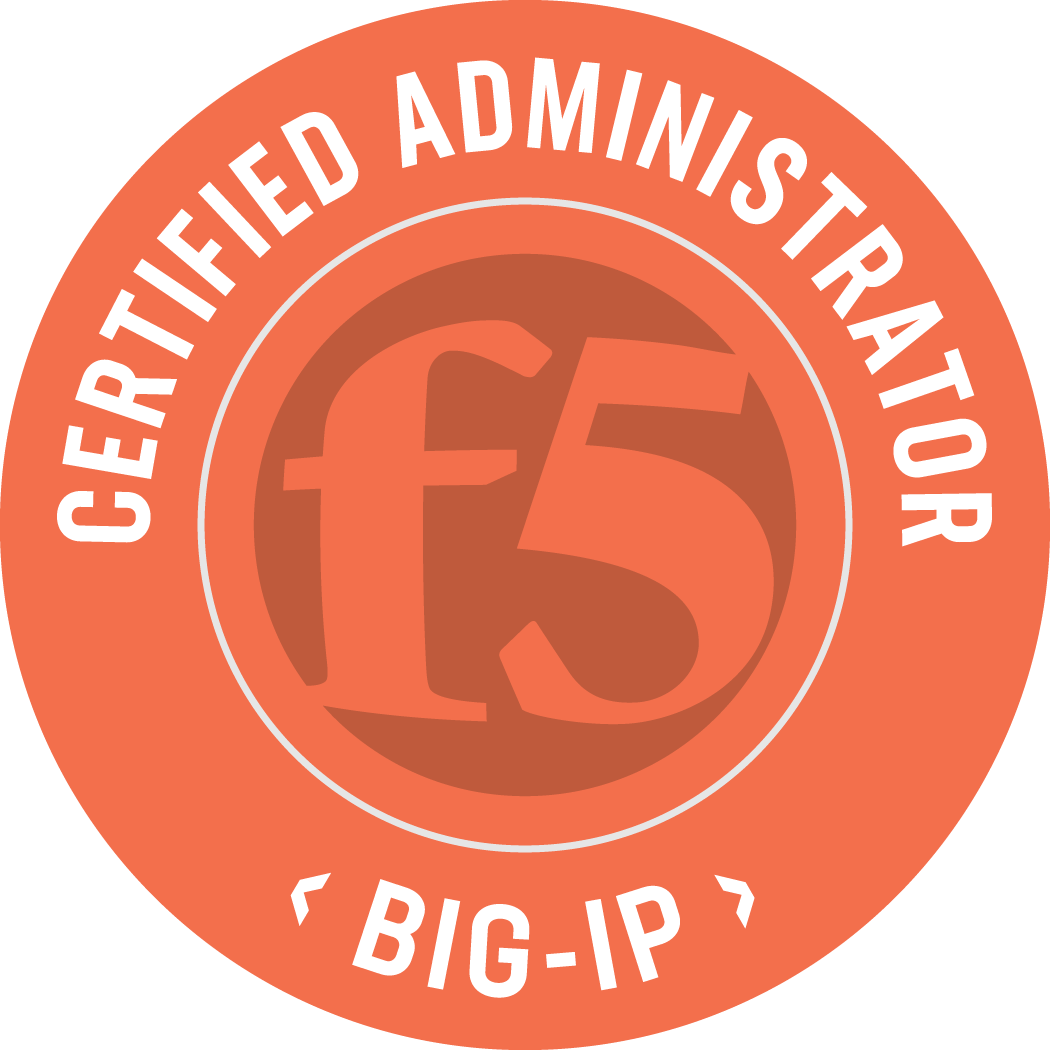Home F5 Networks
F5 Networks

F5 helps organizations create an agile IT infrastructure through a software-defined network that aligns with their business demands. Amananet offers F5 courses designed to help IT professionals expand their knowledge base and develop the skills needed to effectively manage F5 solutions.
F5 Networks Training

Schedule a Class With Us
Today’s applications demand speed, reliability, and security, and that starts with effective traffic...
2 Days$2,420.00

Schedule a Class With Us
What happens to your business if application delivery slows or fails? For 90% of Fortune 500 companies, F5...
3 Days$3,630.00

Schedule a Class With Us
This course gives networking professionals hands-on knowledge of how to troubleshoot a BIG-IP system...
2 Days$2,420.00

Schedule a Class With Us
In this 4 day course, students are provided with a functional understanding of how to deploy, tune,...
4 Days$4,840.00

Schedule a Class With Us
This three-day course gives network administrators, network operators, and network engineers a functional...
3 Days$3,630.00

Schedule a Class With Us
This course provides networking professionals a functional understanding of iRules development. The...
3 Days$3,630.00
Do You Need Help? Please Fill Out The Form Below